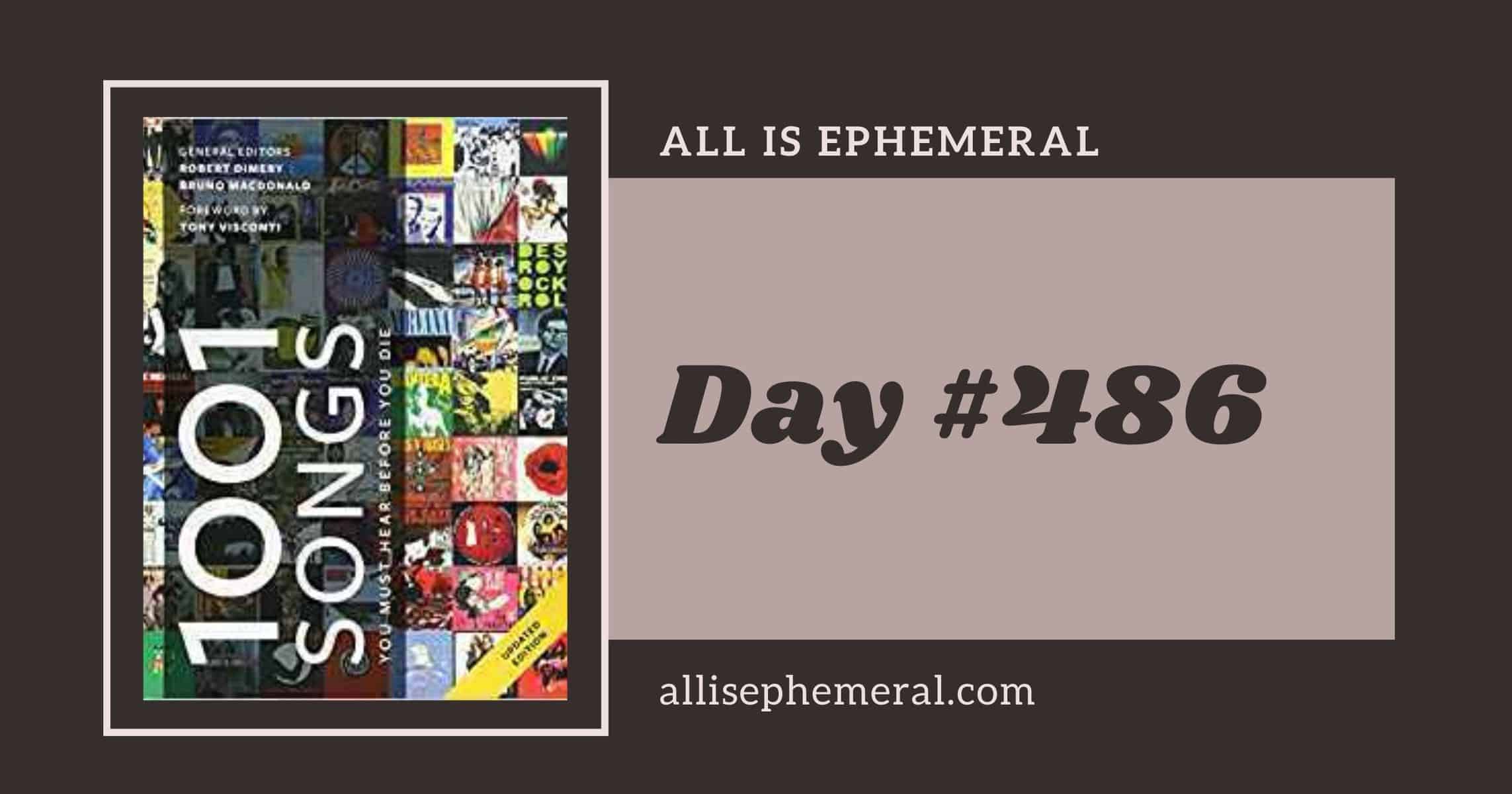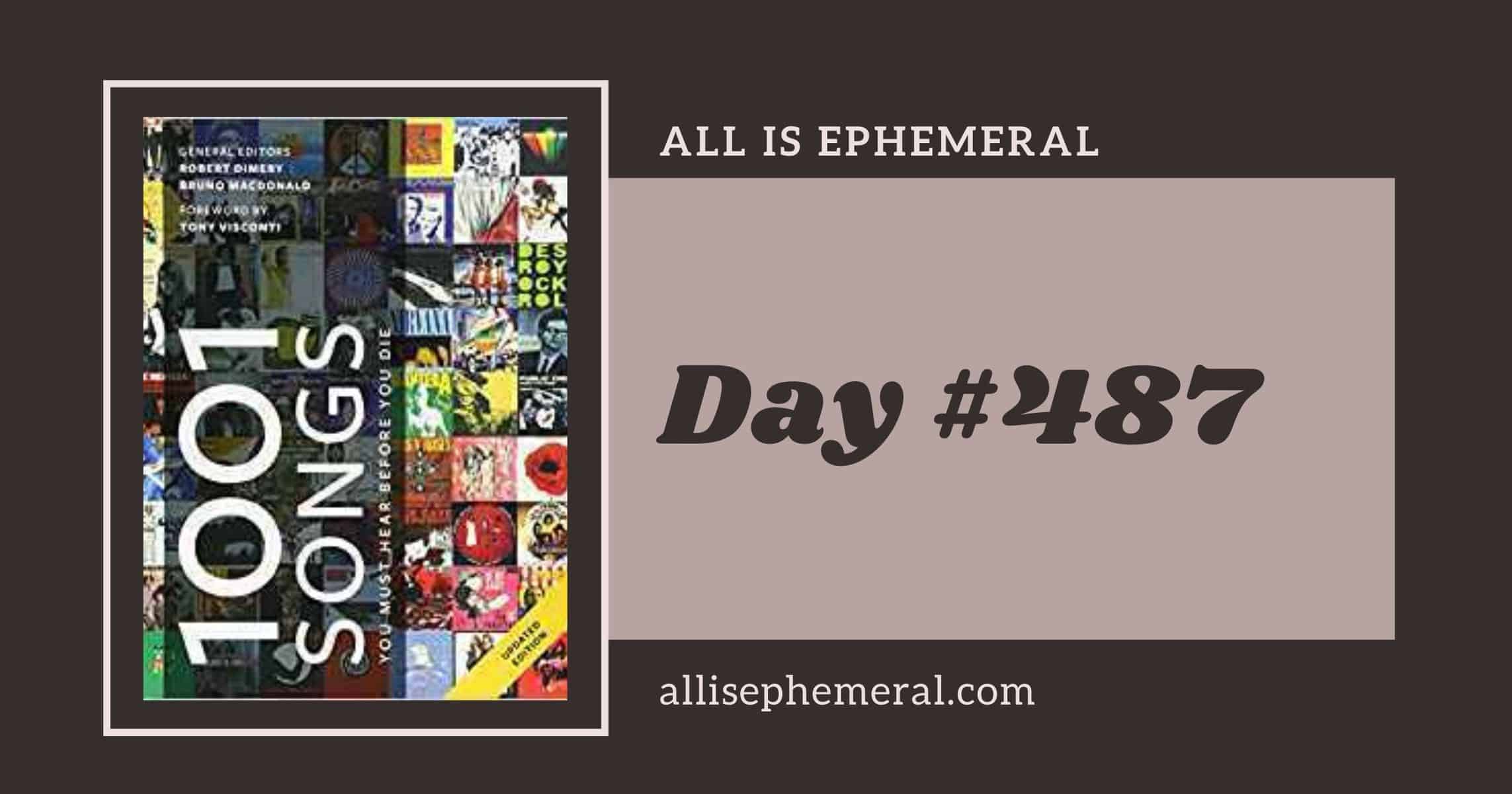
Book Review: The Unwomanly Face of War: An Oral History of Women in World War II (1983)
Svetlana Alexievich – The Unwomanly Face of War: An Oral History of Women in World War II (1983)
A common but unwanted assumption about war is that it is the ordeal solely of men. After all, throughout history the majority of the time it is men that go off to war, face off in bloody battles and endure the hardship of being constantly close to death. This perception is, of course, incorrect for women and children bear the full brunt of war as well, with loved ones not only being away but a different kind of war goes on at home, one that is equally about the struggle to survive. In the present day, the military has changed a great deal in many countries with women now able to enlist and serve their countries though sexism continues to be an issue.

In Svetlana Alexievich’s The Unwomanly Face of War, we are given the perspective of women when it comes to the Second World War. Alexievich’s focus is on women in the Soviet Union, the families left behind while sons, fathers and brothers went off to war, or at least that’s what we assume. Instead, Alexievich presents a staggering picture of women in the Soviet Union and how they enlisted in the army. Alexievich presents dozens of stories from women reflecting on their time in the war and the varied roles that they collectively had. Some women were enlisted in an administrative capacity, some drove trains, others were nurses, but many more had military ranks and fought on the frontlines alongside the men. Some of the most distinguished shooters were trained as snipers. From the many accounts we are party to, we learn of each woman’s war experience and the horrors that they faced from the enemy. There is also the problem closer to home of being a woman in the army and how attitudes to the so-called “weaker sex” were often negative.
The Unwomanly Face of War was a real eye opener for me. I had imagined that women in the Soviet Union may have assisted in the defence of besieged cities such as Moscow, Leningrad and Stalingrad when the German advance into Russia was at its most rampant, but I was not aware that women served in the military. The book offers an in-depth account from each of the women interviewed for the piece, the chance for each one to tell their story. There was an overwhelming gulf between the sexes prevalent with the women not often taken seriously and even in recounting their stories many years later there were sometimes puzzled husbands wondering why Alexievich was interested in what a woman had to say about the war. Surely a man’s tale was more credible and rewarding. The book offers a no holds barred account of how valuable women were to the Soviet effort in the Second World War, a conflict that could have turned out very differently were in not for the Soviet Union’s impressive fightback against the Germans after Stalingrad. War ultimately impacts on everyone in different ways but Alexievich shows, through the voices of many, that perceiving women as less relevant or significant when it comes to war is futile and unjust. They live and breathe such dark times the same as any man.
Verdict: A thorough and poignant depiction of the lives of Soviet women during the Second World War.
4/5





